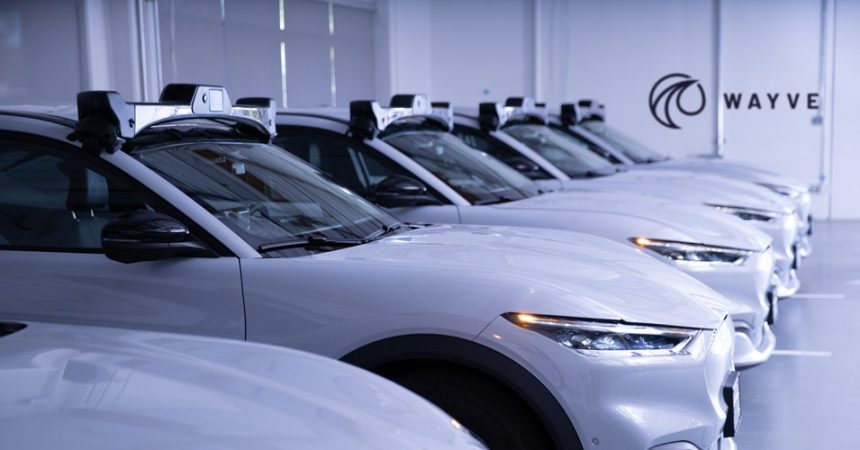Alex Kendall, CEO of Wayve, a self-driving technology startup, envisions a future where artificial intelligence revolutionizes transportation. Over a lunch meeting, he discussed the company’s progress and its unique approach to autonomous driving, contrasting it with the prevailing methods employed by industry giants. Wayve, having recently secured substantial funding from Softbank, is rapidly expanding its operations, establishing a new headquarters and testing facility in Sunnyvale, California, alongside its existing London base. This investment signals a renewed confidence in the self-driving sector, following a period of disillusionment where ambitious timelines failed to materialize and several major players, including Apple, Uber, and Volkswagen, abandoned their autonomous vehicle programs.
Wayve’s approach differentiates it from the more established players in the autonomous driving space, particularly Waymo. While Waymo relies heavily on pre-mapped environments and intricate rule-based systems, Wayve champions an AI-first strategy. Kendall believes that relying solely on pre-programmed rules and extensive mapping limits the scalability and adaptability of autonomous vehicles. Wayve’s approach leverages machine learning, enabling their vehicles to learn and adapt to new environments without requiring extensive pre-mapping. This, Kendall argues, is the key to achieving truly intelligent autonomous driving capable of navigating the complexities of real-world driving scenarios.
The resurgence of optimism in the autonomous vehicle domain isn’t solely based on Wayve’s progress. Several companies are demonstrating significant advancements, signaling a shift from the previous “trough of disillusionment.” Waymo, for instance, is rapidly scaling its robotaxi services, providing hundreds of thousands of driverless rides weekly across several US cities and announcing further expansion. Aurora Innovation is gearing up for its first driverless truck journeys in Texas. Even Tesla, with its much-anticipated, albeit detail-sparse, unveiling of the Cybertruck, is contributing to the renewed excitement. Furthermore, niche players like Mate Rimac’s Verne, with its stylish driverless ride-hailing service, are poised to launch in multiple cities globally.
Despite lacking Waymo’s scale, resources, and accumulated mileage, Wayve possesses a distinct advantage: Alex Kendall himself. He embodies a similar blend of visionary leadership, relentless drive, and deep technical understanding that characterized Elon Musk in Tesla’s early days. This combination, coupled with Wayve’s innovative AI-centric approach, positions the company as a potential disruptor in the autonomous driving landscape. Kendall’s conviction that self-driving is fundamentally an AI problem, rather than a robotics or infrastructure challenge, underpins Wayve’s strategy.
Kendall recalls the initial hype surrounding autonomous vehicles in 2017 when Wayve was founded. At the time, overly optimistic predictions of imminent fully autonomous driving were rampant. However, Kendall recognized the limitations of the prevailing approaches, which he considered inadequate for achieving the envisioned future of intelligent machines. He saw the industry’s focus on pre-defined rules and infrastructure as a roadblock to true autonomy. This insight led him to pursue an alternative path, focusing on the power of AI to enable vehicles to learn, adapt, and navigate complex scenarios.
This AI-first philosophy, Kendall asserts, will allow Wayve to scale and deploy its technology more rapidly and broadly than competitors reliant on traditional methods. While Waymo and others meticulously map and program specific areas for operation, Wayve’s learning-based system aims to generalize its understanding of driving, enabling it to adapt to new environments more efficiently. The company’s approach, while seemingly more complex initially, holds the potential to unlock a truly scalable and adaptable future for autonomous driving, potentially surpassing the current limitations of pre-mapped, rule-based systems. This vision, fueled by Softbank’s investment and Kendall’s unwavering belief in the power of AI, positions Wayve as a significant player to watch in the evolving landscape of autonomous vehicles.



